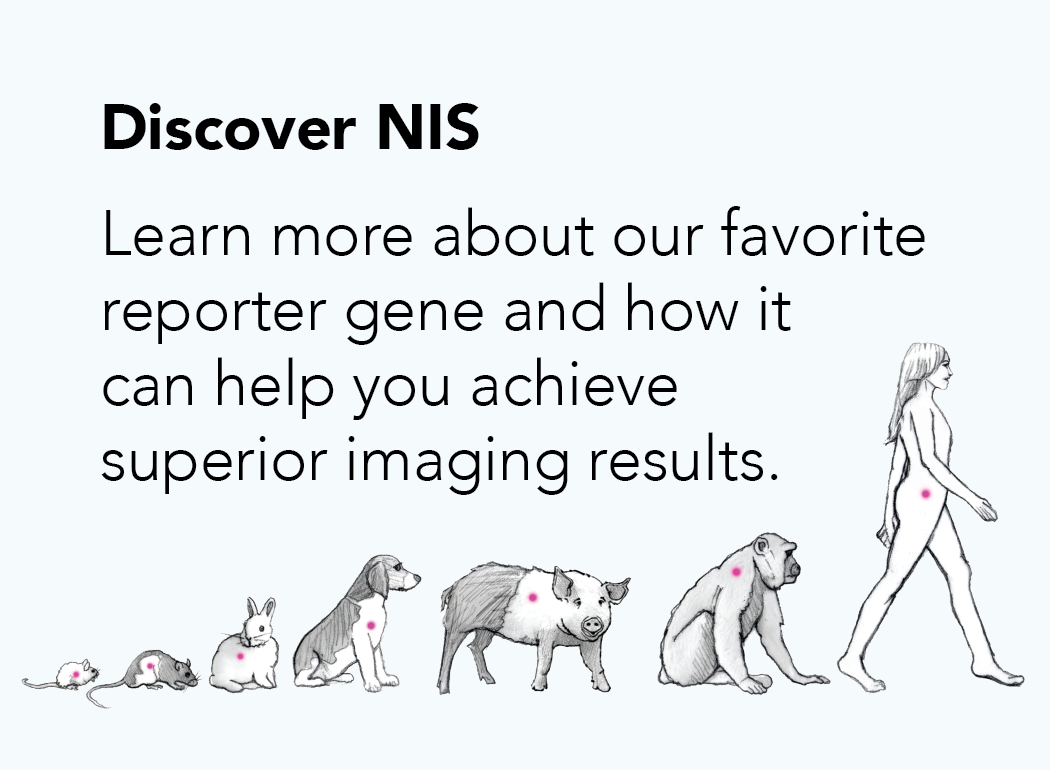FDA: New COVID-19 Variants May Cause False Negatives on Diagnostic Tests
Key Takeaways
- The new coronavirus variant contains genetic mutations that may interfere with diagnostic testing.
- There is a small risk of diagnostic tests producing a false negative test result.
- Having a false negative result can cause people to unknowingly spread the virus.
January 15, 2021, Imanis Life Sciences, Rochester MN
On January 8, the Food and Drug Administration (FDA) warned of the potential for coronavirus tests to produce false negative results because of genetic variants of the SARS-CoV-2 virus. This announcement comes after a new COVID-19 strain called B.1.1.7 emerged in the United Kingdom, which has also been detected in the United States.
The strain has driven up concerns about the accuracy of polymerase chain reaction (PCR) tests, also called molecular tests, the current gold-standard in COVID-19 testing. That’s because PCR tests look at the virus’s genetic material, and the variant is causing that genetic material to look slightly different.
Stephen Russell, MD, PhD, CEO, and co-founder of Imanis Life Sciences explained to Verywell that PCR tests work by detecting different parts of the virus. “The virus is essentially a genome—a piece of genetic material that carries all the information needed to replicate itself—and a protein shell. So, the diagnostic test either locks on to the genome or it locks on to the protein shell.”
A PCR test looks at the genome.
“The genetic material inside the coronavirus has about 30,000 ‘bases,’ and PCR tests detect less than a hundred of them,” Russell says. “The U.K. variant is missing a little bit of sequence, and it’s lost two amino acids. This means six of those 30,000 bases in the viral genome are gone. And that’s where some of these PCR tests lock on to the virus. So, having the variant may turn a positive test to a negative test.”
Do COVID-19 Variants Make Diagnostic Tests Less Reliable?
Russell says different PCR tests rely on different bases to collect the virus’s genetic information, so diagnostic tests aren’t completely unreliable. The FDA expects SARS-CoV-2 to continue to mutate, and has authorized diagnostic tests that can target multiple genetic mutations. This lowers the chance of receiving a false negative.
“There’s always been a concern about the accuracy of the tests. There’s no test out there that doesn’t give you false negatives and that doesn’t give you false positives,” Russell says. He adds that swabbing technique, sample size, and how the sample is handled in the lab can create variability.
“I don’t think the new variants are making a real difference to [testing] reliability at this point,” he says.
Which Tests May Produce a False Negative?
The FDA states that three PCR-based COVID-19 diagnostic tests–which each have emergency use authorization—contain a small risk of producing a false negative.
- Accula SARS-Cov-2 Test
- TaqPath COVID-19 Combo Kit
- Linea COVID-19 Assay Kit
However, the FDA says that because TaqPath and Linea tests lock on to multiple genetic targets, the new variant shouldn’t hinder overall test sensitivity.
What This Means For You
If you believe you’ve been exposed to COVID-19, get tested. While the chances of getting a false negative are low, you should continue to act cautiously and quarantine for at least 14 days.
What Should People Do?
A major public health consequence of receiving a false negative is that people may unknowingly spread the virus to others if they think they’re COVID-free. “If you test negative, that does not mean you’re definitely negative,” Russell says. “If you have a high index of suspicion that you may still be positive, then don’t assume that test is the final answer.”
Still, he doesn’t suggest getting tested every week unless your job requires it or you pose a high risk to others. For now, Russell says the best thing is to get vaccinated once vaccines become available to you.
If people are still suspicious of infection even after vaccination or multiple negative tests, Russell says it might be worth taking an antibody test for peace of mind.
Published January 15, 2021: https://www.verywellhealth.com/fda-new-covid-19-variants-may-cause-false-negatives-on-diagnostic-tests-5095652

